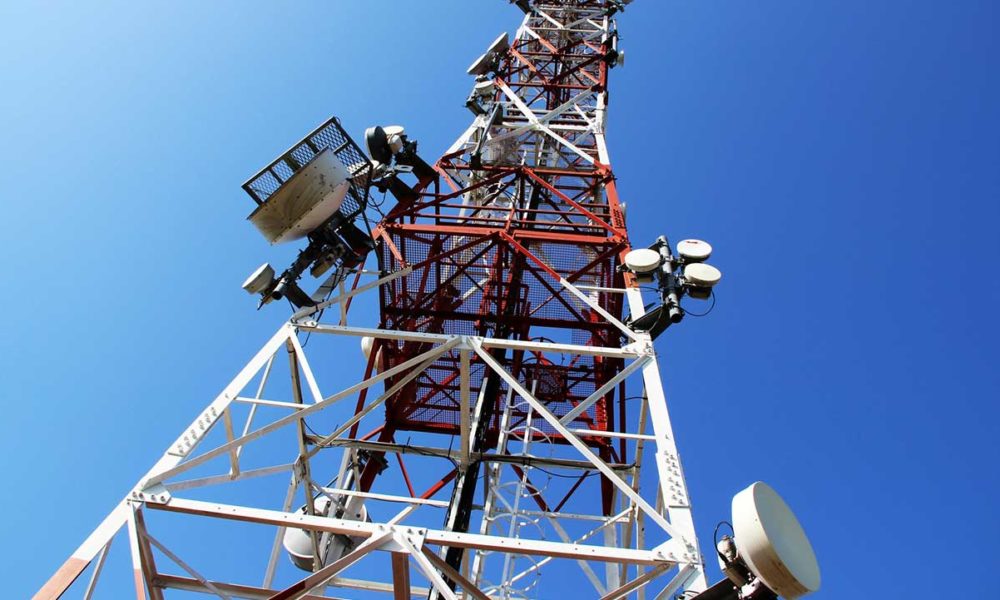Telecommunications
NCC-Approved Tariff Adjustment to Spur $150M in Telecom Investments – GSMA

The recent 50% hike in telecommunication tariffs approved by the Nigerian Communications Commission (NCC) is expected to unlock over $150 million in additional mobile network investments and expand 4G coverage to 94% of the country.
The GSM Association (GSMA), a global advocacy group for mobile network operators, disclosed in a statement earlier this week.
The tariff adjustment is the first in 12 years and came at a critical time when Nigeria needs to sustain investment in Nigeria’s telecommunications sector.
The organization noted that the policy shift would not only improve network quality and accessibility but also generate two million new jobs and increase government tax revenue by an estimated N1.6 trillion.
GSMA explained that tariff increases help drive digital inclusion and economic growth in healthcare, education and agriculture sectors.
Angela Wamola, Head of Sub-Saharan Africa at GSMA, said “This decision by the NCC is an important milestone for Nigeria’s digital future. By enabling sustainable investment, we are improving the quality of service for consumers and fostering opportunities for innovation and economic growth. However, to fully unlock the potential of this reform, it is critical to implement additional measures such as simplifying right-of-way permits, implementing a critical national infrastructure plan and reducing the mobile sector’s tax burden.”
The GSMA underscored that increased digitalisation across key industries such as agriculture, manufacturing, transport, trade, and governance would boost Nigeria’s GDP by two percentage points by 2028.
This shift is necessary to accelerate Nigeria’s digital transformation and sustain economic competitiveness.
The association also credited the partnership between the Nigerian government, industry stakeholders and GSMA for the milestone.
“It is estimated that increased digitalisation in agriculture, manufacturing, transport, trade and government will increase GDP by around two percentage points by 2028. This would also create nearly two million jobs and raise an additional NGN 1.6 trillion in tax revenue,” GSMA stated.
GSMA emphasised that enhanced network infrastructure would support transformative digital services, including telemedicine, online education, mobile financial tools, and e-commerce. Additionally, the tariff reform is expected to pave the way for the adoption of next-generation technologies such as Artificial Intelligence (AI) and the Internet of Things (IoT), which are projected to play a key role in precision agriculture, smart transportation, and advanced healthcare services.
However, the association reiterated the need for additional policy actions to maximize the benefits of the tariff adjustment, citing a recent GSMA report titled ‘The Role of Mobile Technology in Driving the Digital Economy in Nigeria.’
According to the report, achieving the full potential of telecom reforms would require:
- Streamlining Right-of-Way (RoW) permits
- Implementing Critical National Infrastructure (CNI) legislation
- Reducing the tax burden on the mobile sector
GSMA pointed to successful policy implementations in Kenya and South Africa, where similar regulatory adjustments led to significant digital inclusion and economic growth.
By supporting regulatory reforms that balance affordability and long-term sustainability, GSMA affirmed its commitment to ensuring that mobile connectivity remains accessible to all Nigerians. The association highlighted that Nigeria’s move toward digital economy leadership in Africa will be strengthened by sustained investment in telecom infrastructure and enabling policies.
While the tariff increase marks a significant step forward, GSMA stressed that broader regulatory reforms would be essential to fully capitalize on the economic benefits of digitalisation.